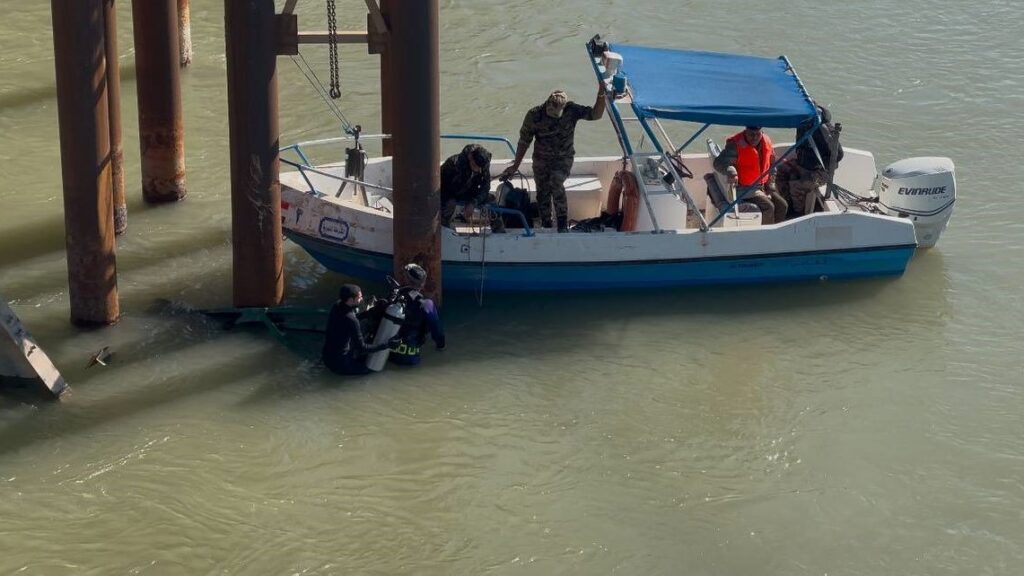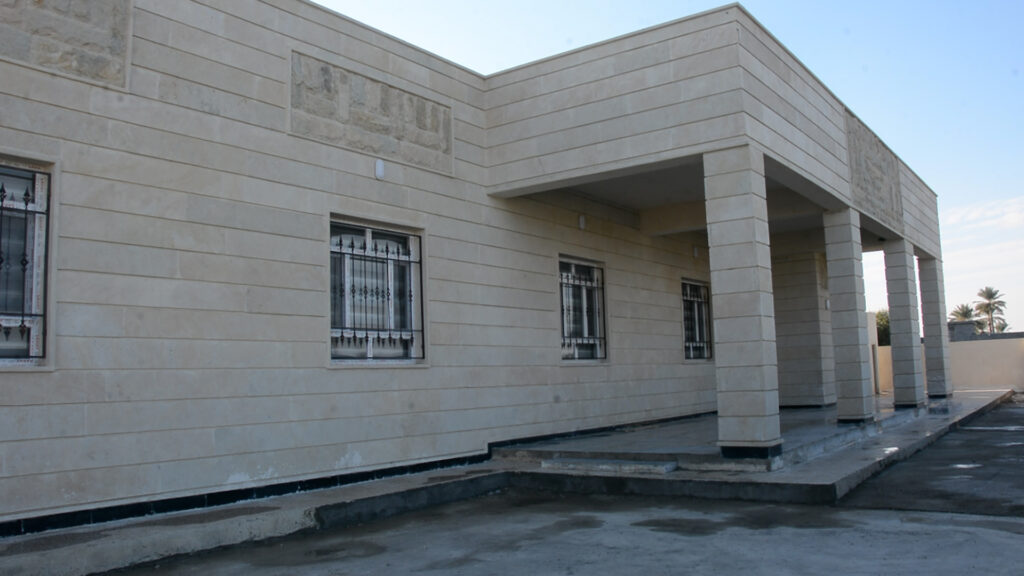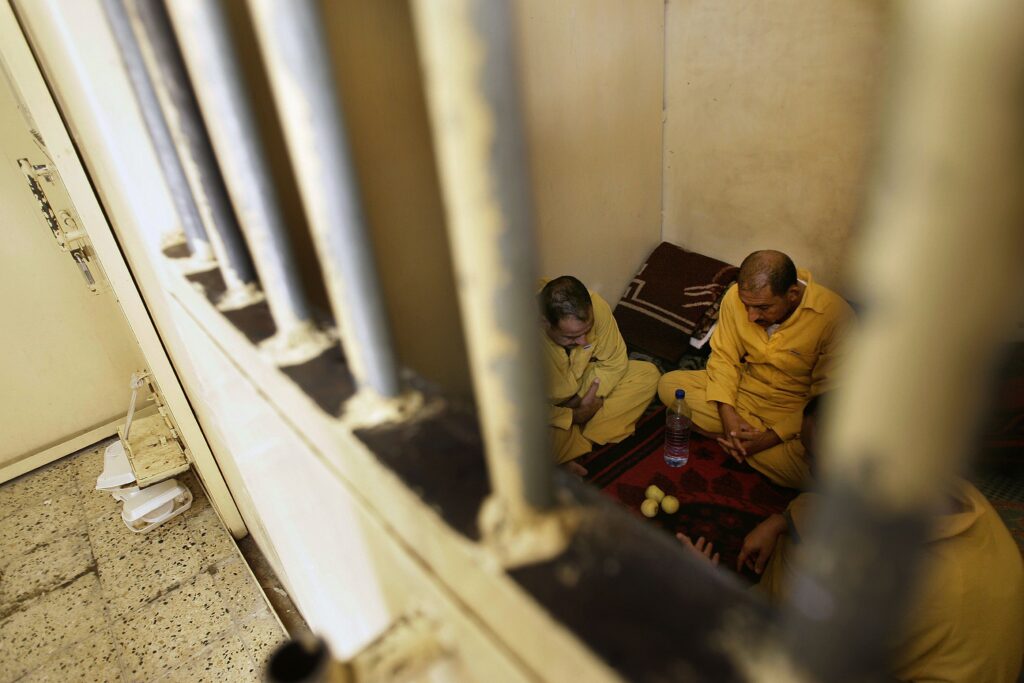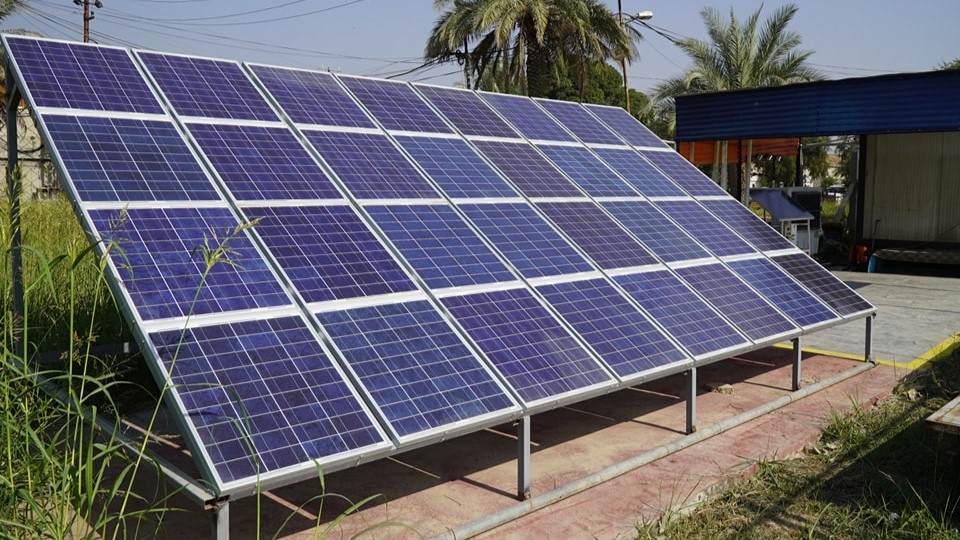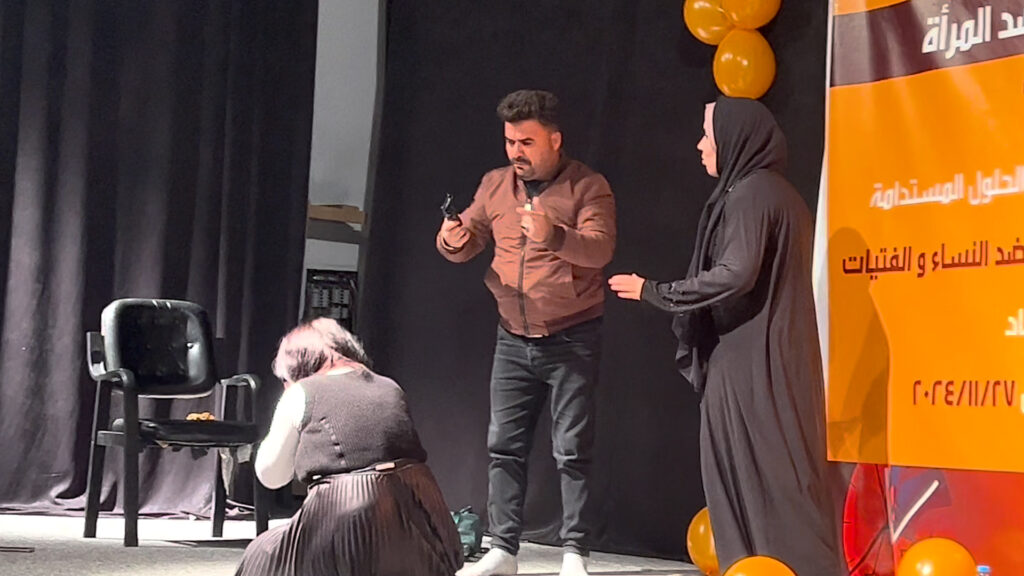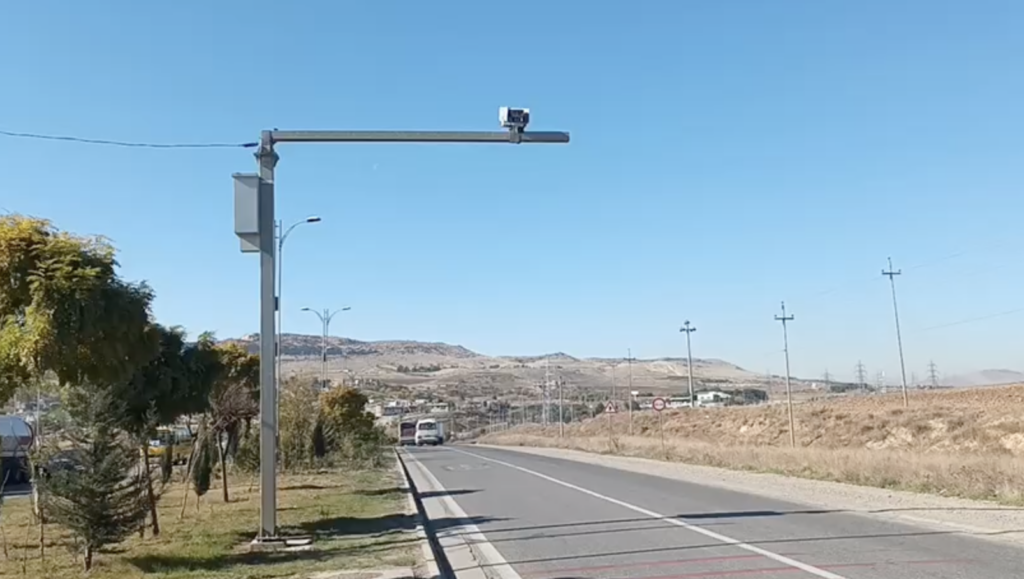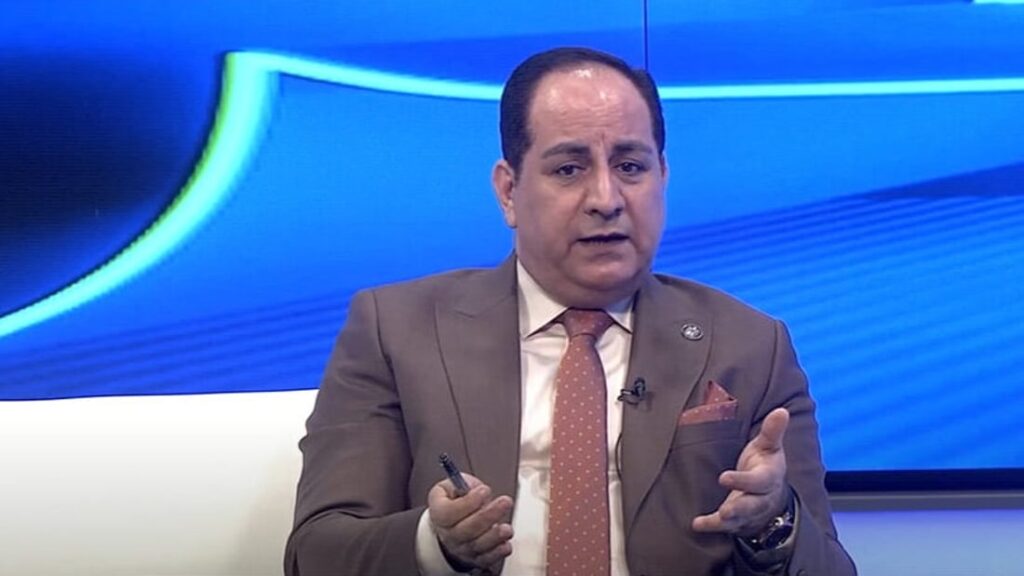World: CrisisWatch July 2019
Global Overview
In July, Libya’s war spread beyond Tripoli, and Iran and the U.S. continued to teeter on the precipice of military confrontation. Nigeria’s woes deepened as Boko Haram stepped up attacks in the north east, tensions rose between herders and farmers, and the government cracked down on Shiite Muslim protesters in the capital Abuja. In Somalia, Al-Shabaab ramped up attacks in the capital Mogadishu and across the south, and thousands took to the streets in Malawi to protest President Mutharika’s re-election and alleged electoral fraud. In Europe, tensions rose between Kosovo and Serbia with a senior Serbian official claiming Kosovo had denied him entry. On a positive note, the peace process in Afghanistan saw signs of progress, which could lead to the finalisation of a U.S.-Taliban agreement in August.
The war in Libya expanded. Field Marshal Khalifa Haftar’s military alliance pursued its campaign to take the capital Tripoli from forces nominally loyal to the UN-backed government based there. For the first time since hostilities erupted in April, government forces struck outside the Tripoli area, deploying drones to destroy enemy assets in Jufra and Waddan in central Libya. Haftar’s forces retaliated by striking the air base in Misrata, some 200km east of Tripoli, from where the drones launched. To end this destructive stalemate, international actors should press both sides to reconsider their uncompromising positions and accept an internationally-monitored ceasefire, followed by talks for new political, military and financial arrangements under a UN aegis.
Tensions continued to run high between Iran and the U.S., keeping them on the brink of military confrontation. Once sparked, such a conflict could spread rapidly across regional flashpoints and engulf their respective allies. In July, Iran breached limits on uranium enrichment agreed in the 2015 nuclear deal, and said it would accelerate its violations if the deal’s remaining parties did not by 6 September find ways to protect it from U.S. sanctions. Maritime confrontations continued, especially in the Strait of Hormuz. In a new report, Averting the Middle East’s 1914 Moment, we warn that in the absence of direct talks between the two sides, a small incident could blow up into a regional conflict. We urge third parties to intensify efforts to defuse the crisis, salvage the nuclear accord and de-escalate tensions.
Nigeria faced greater insecurity on several fronts. Ten years after Boko Haram’s founding father, Muhammad Yusuf, was killed in police custody, the radical insurgent group seemed to be on the offensive, stepping up attacks across Borno state and leaving scores dead, both civilians and security forces. In a recent report, we explain how one of its two factions, Islamic State in West Africa Province, is gaining influence by cultivating support among locals. The authorities will struggle to end the insurgency without a political strategy to supplement their military campaign, one focused on improving governance and services and ensuring that security forces are held accountable. Meanwhile, in the centre and south, herder-farmer tensions rose, partly over the government’s initiative to create temporary settlements for Fulani herders. And in the capital Abuja, security forces violently dispersed protests demanding the release of Sheikh Ibrahim el-Zakzaky, leader of the Islamic Movement of Nigeria. The government officially labelled the group a “terrorist organisation” and banned it.
In Somalia, the Islamist insurgent group Al-Shabaab increased attacks on civilians as well as Somali and international forces, killing at least 109. In the capital Mogadishu, a female suicide-bomber detonated her explosives in the mayor’s office, killing six people and injuring others including the mayor, who later also died. Al-Shabaab said the attack’s target was U.S. diplomat James Swan, recently appointed UN envoy to Somalia, who had left the building not long before. The counter-insurgency remains hampered by bitter feuding between the federal government and federal states over power and resources. In Malawi, protests against President Mutharika’s 21 May re-election picked up steam, and in places opposition activists clashed with ruling party supporters. Opposition parties and civil society groups claim the election was rigged and demand the election commission chair resign.
In Europe, tensions rose between Kosovo and Serbia. A Kosovar foreign ministry advisor on 4 July announced a ban on Serbian officials entering Kosovo, which a government spokesperson denied the next day. Despite this, Serbia’s defence minister said he was prevented from entering the country on 10 July, calling Kosovo’s leaders “liars”.
As violence in Afghanistan continued to take a heavy civilian toll, the latest round of U.S.-Taliban talks bore fruit on four critical issues: countering transnational jihadists, U.S. troop withdrawal, intra-Afghan dialogue, and a permanent and comprehensive ceasefire. This progress could augur the finalisation of an agreement in August. Moreover, for the first time Taliban and Afghan government officials met, albeit informally, to discuss a roadmap toward intra-Afghan dialogue. While these discussions constitute a step forward, whether and how this ice-breaker event evolves into substantive negotiations on difficult issues, including the state’s structure and power sharing, remains to be seen.

